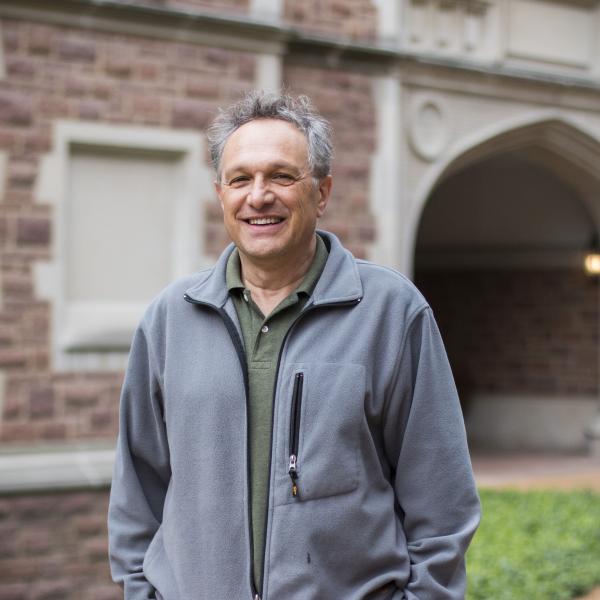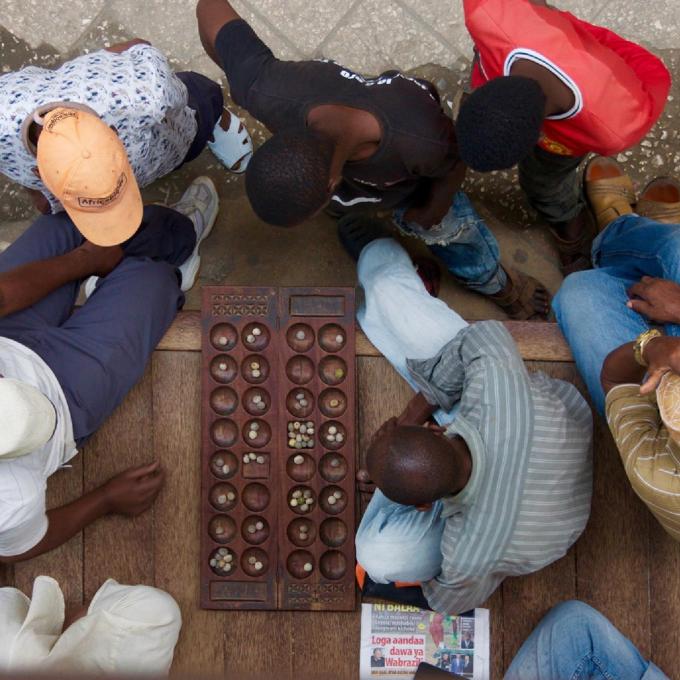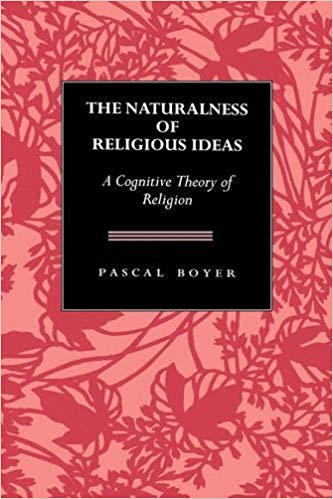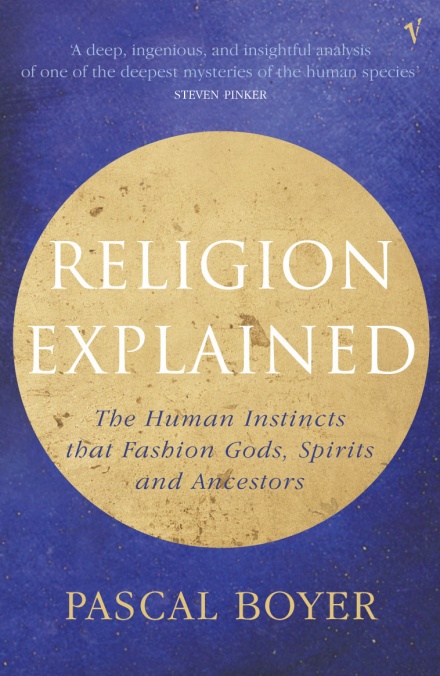In Professor Boyer's work, he combines experimental (laboratory) studies with field research to answer the following question: What cognitive processes are engaged in the acquisition, use and transmission of cultural knowledge?
One way to answer this question is to study cognitive development, the period during which initially similar brains receive information that will make them conversant with a particular set of cultural norms and concepts. In the past Boyer has used such developmental studies, combined with fieldwork, to describe and perhaps explain some aspects of the transmission of religious concepts. More generally, the aim of all this is to show how human brains, by virtue of their evolutionary history, share certain conceptual dispositions which in turn make certain kinds of cultural concepts particularly easy to learn and transmit, and therefore very frequent in otherwise diverse human cultures. He also uses these psychological and anthropological techniques to describe the interaction between "collective memory," how people in a group remember their past, and "individual memory," in particular autobiographical memory. His most recent work bears on the early development of concepts of agency and personhood (what makes persons and animals different from inert objects) and on early mathematical concepts, as well as on the specifically human neural structures that support such competencies.




